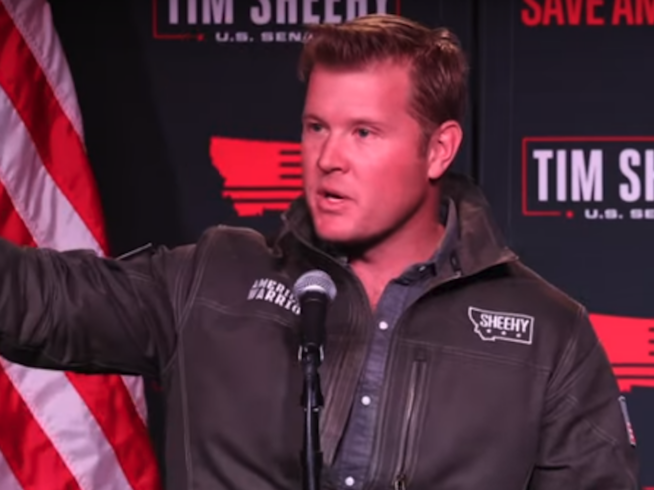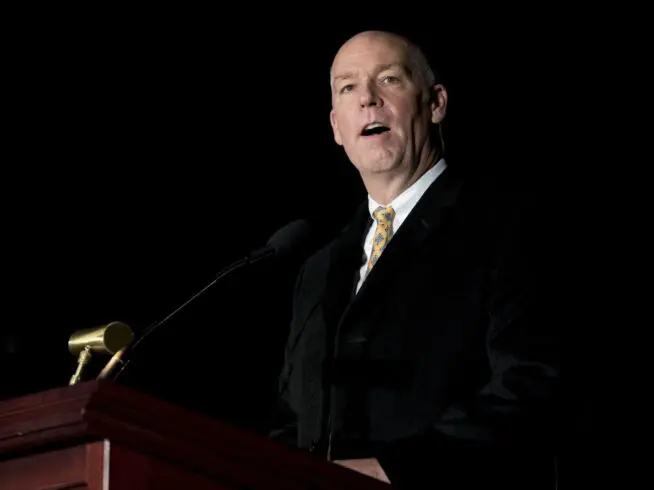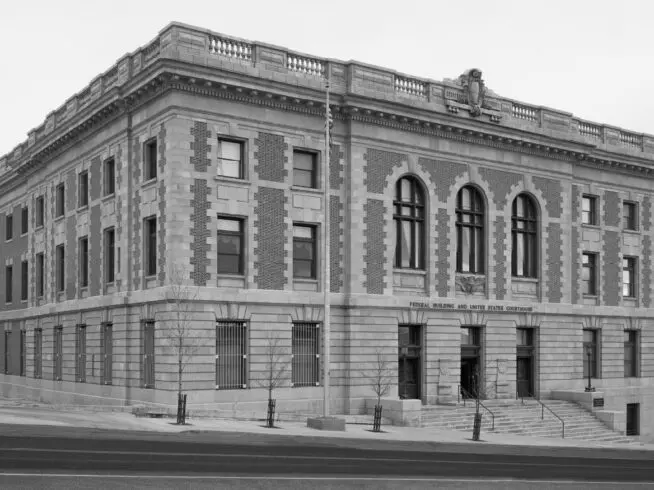Montana’s June primary election results produced no major surprises
Top-of-the-ticket incumbents Gov. Greg Gianforte and Rep. Ryan Zinke of the 1st District and U.S. Senate candidate Tim Sheehy all won their races by large margins.

Montana’s primary election results from June 4 sifted out the crowded race for the state’s 2nd Congressional District, but produced no major surprises. Nonetheless, voters on the Republican side delivered a clear signal of dissatisfaction. Top-of-the-ticket incumbents Gov. Greg Gianforte, Rep. Ryan Zinke of the 1st District, and Bozeman businessman Tim Sheehy, the establishment- and Trump-endorsed candidate for U.S. Senate, each only drew a remarkably consistent 74-75% of the vote in each of their races.
Gianforte’s performance against right-wing challenger Tanner Smith was the worst by an incumbent governor in Montana in 44 years.
Incumbent Democratic U.S. Sen. Jon Tester had far less trouble dismissing his primary challenger, U.S. Navy veteran Michael Hummert, running up 97% of the Democratic vote.
The Republican nominee in the 2nd District race is Troy Downing, who easily beat eight other candidates with 36% of the vote in the race to succeed Rep. Matt Rosendale. His next closest competitor, Denny Rehberg, was a distant second with 17%. Downing had some advantages going into the race in name recognition; he is the state auditor and had previously won a statewide race. But Rehberg had more name recognition and still got badly beaten. Rehberg is a former congressman and had held that seat when Montana had only one district from 2001 to 2013 and was also previously the state’s lieutenant governor.
Downing was the Trump-endorsed candidate in the race, although it’s difficult to argue he got much of a boost from that nod. Trump only announced his backing one day before the primary, and much of the state had already voted mail-in ballots.
A second candidate with statewide recognition fared even worse than Rehberg. Elsie Arntzen, now the state’s controversial superintendent of public education, an elective office, pulled down 9% of the vote. Arntzen has repeatedly argued her unpopularity is the result of her strong conservative views, but in this primary she was judged by a decidedly conservative electorate.
The winner of the primary becomes the odds-on favorite in November in a safe Republican district. Nonetheless, the Democratic race in the primary provides a curious asterisk. In a four-way race, the winner was John Driscoll with 33% of the vote. This is not Driscoll’s first primary win. In 2008, he became the Democratic nominee to run against Rehberg, but was unprepared to run, failed to launch a campaign, and announced he planned to vote for his opponent. The voters appear to have forgotten or forgiven, although it is less clear that the Democratic establishment in the state has done so.
Meanwhile, at the top of the ticket, voters appear to have given pundits and analysts an ample array of tea leaves to scrutinize between now and November. Approximately 25% of Republicans voted against the establishment. Nor does it come as a complete surprise. Gianforte has faced vocal public criticism from Republicans across the state for a shocking increase in property taxes and a veto of a bill that would have channeled a revenue stream from a tax on recreational marijuana to, among other things, fixing roads and bridges.
Meanwhile, the party’s right wing has openly protested the candidacy of Sheehy, believing Sen. Steve Daines, a close Gianforte ally, pressured Rosendale out of that race and out of running for reelection for his House seat. Some of that opposition comes from Republicans across the spectrum, especially county commissioners, and some from the extreme right, so it is difficult to say how it will play out in November.
Gianforte’s opponent, Democrat Ryan Busse, easily won his contested primary against Democrat Jim Hunt with 71% of the vote, a similar margin to what Gianforte produced on the opposite side.
Busse’s campaign manager, Aaron Murphy, said in an interview that the number was about what the campaign expected, largely because Busse is a newcomer to state politics and has not yet established name recognition. There have been muted complaints among Democratic insiders in the state that Busse has not yet had a significant presence in television advertising, but Murphy says that’s about to change. The campaign launched an aggressive and long-planned TV campaign the day after the primary that is aimed at bolstering the candidate’s name recognition.



